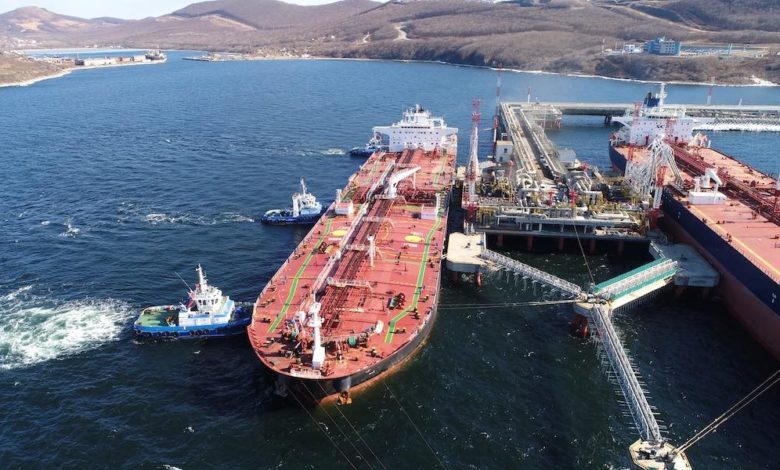
Turkey’s decision to check the insurance details of tankers passing through its waters is holding up a growing line of ships. The new ruling – effective from December 1 – has seen queues growing along the Bosporus, and comes at the same time as the new Russian oil price cap and the European ban on Russian seaborne crude imports, both of which came into force on Monday.
According to data from TankerTrackers.com, on Monday and Tuesday just 3.88m barrels of crude oil departed in total by sea from Russia, an almost 50% drop on normal levels, with the biggest declines registered in the Baltic and Black Sea regions.
One of the big losers from this week’s Russian tanker ban has been the Cyprus shipping registry, which has seen 20% of its tanker fleet – some 900,000 dwt – change registration in recent months.
Data from Sea/ shows more than 140 vessels are destined for Russia in the next couple of weeks, of which 70 are Russian flagged, 17 with the Marshall Islands, 22 are Liberian, seven Panamanian and intriguingly nine are flagged in Malta, an EU member.
The increasing likelihood of a two-tier tanker market is taking shape fast.
In a document that Bloomberg reports has been sent to all of its tanker brokers, energy major Shell has stressed that its “first preference” is to not hire any tankers that previously has lifted Russian crude or fuels. According to Bloomberg, the owner of a vessel that last carried a Russian cargo will “need to ensure that there are no dregs” related to that movement.
Analysts at Pareto said today that they expect most Western oil companies will shy away from vessels that are engaged in Russian cargoes even when these are carried under the G7 price cap regime.
Pictured below is an updated playback of all vessel types activity in and around the Bosporus during the last 24 hours as shown on MarineTraffic Live Map with red dots indicating ships idling, waiting to transit.
